Shot Mask Vendor Dies at KNH After Two Weeks in ICU
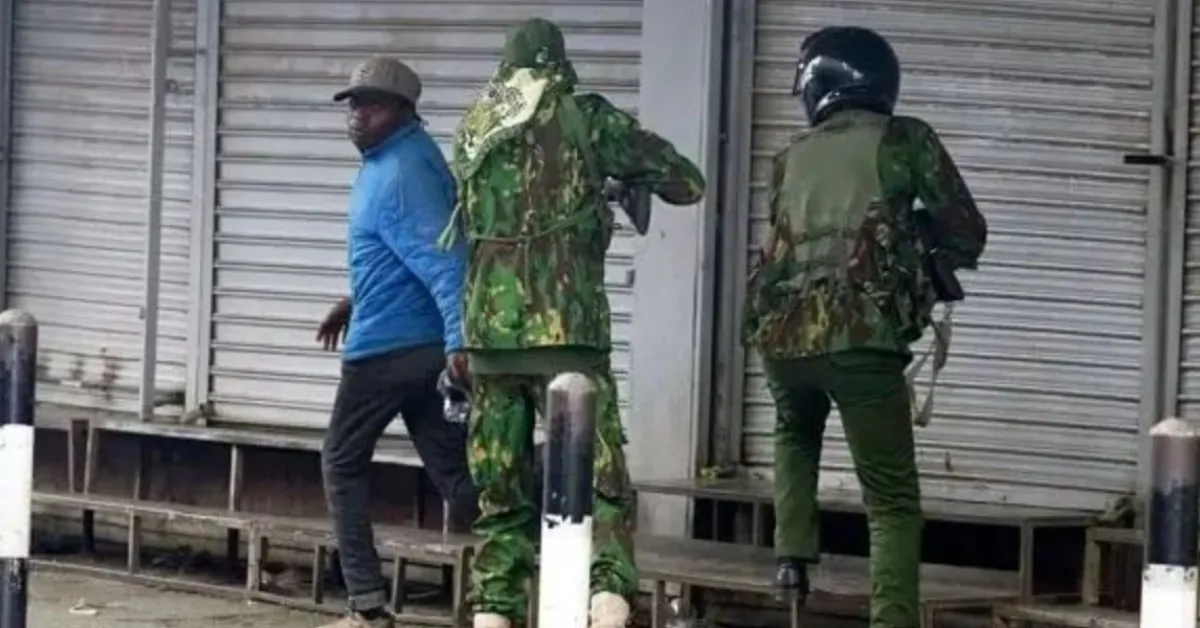
The death of Boniface Mwangi Kariuki, a 22-year-old mask vendor shot during a protest in Nairobi, has intensified public anger over police conduct and government responses to youth-led demonstrations.
Kariuki died on Monday afternoon at Kenyatta National Hospital (KNH), almost two weeks after being shot at close range by a police officer during a protest commemorating victims of police violence. The shooting of Kariuki, captured in a widely circulated video, shows two uniformed officers confronting him before one discharges a projectile into his head. The footage has become emblematic of what many see as a pattern of excessive force by law enforcement. The young vendor was selling face masks when the protest turned chaotic.
Eyewitnesses report that he was unarmed and attempting to flee when he was shot. Following the incident on 17 June, bystanders rushed Kariuki to KNH. He underwent multiple surgeries and remained unresponsive in the Intensive Care Unit. Doctors declared him brain-dead on Sunday, and his death was confirmed the following day at 3:15 p.m., according to family spokesperson Emily Wanjira. Kariuki's father, Jonah Kariuki, a hawker, remained at his son's bedside throughout the ordeal.
"He was my only hope," he says. "We want justice because my child had done nothing wrong."
The family also disclosed they struggled to settle a hospital bill that totalled over KSh3.6 million. The government later waived the amount, following public pressure.
Constables Klinzy Barasa Masinde and Duncan Kiprono have been detained in connection with the shooting. The Independent Policing Oversight Authority (IPOA) and the Directorate of Criminal Investigations (DCI) are leading the inquiry. A Nairobi court granted a 15-day detention order to allow investigators to conduct ballistic tests, review CCTV footage, and collect witness statements. The officers are likely to face murder charges, pending the investigation's outcome.
Kariuki's death is the latest incident that has placed Kenya's security forces under scrutiny. Just days before the shooting, public anger mounted over the death of teacher and blogger Albert Ojwang, who died in police custody under suspicious circumstances. The government's initial claim that Ojwang died by suicide was met with scepticism and protests, especially among Kenya's youth. Senior police officials have visited the families of both Ojwang and Kariuki. These gestures, which include condolence messages and donations, have been interpreted by some as attempts to humanise the police force. Critics argue that such visits risk reducing justice to a transactional affair.
"These police officers want to demonstrate that the act of excessive use of force was or is regrettable," says governance analyst Javas Bigambo. "But to others, it sends a troubling message that life can be compensated with sympathy rather than accountability."
Interior Cabinet Secretary Kipchumba Murkomen addressed the issue during a recent event at State House, stating that the ministry is open to engaging with affected families. "It does not matter what happened. From a human perspective, we are ready to meet their families, have a conversation with them and see what else we can do to support them," he says. These remarks have done little to quell calls for systemic reform.
The protest during which Kariuki was shot marked the first anniversary of the 2024 youth-led demonstrations against tax hikes and government corruption. Those protests, which culminated in the storming of Parliament, resulted in at least 60 deaths and dozens of missing persons, according to human rights organisations. Since then, Kenya's civic space has been rated as "repressed" by global watchdogs, with reports of enforced disappearances, online surveillance, and harassment of journalists.
The Independent Policing Oversight Authority, established to investigate police misconduct, faces criticism for its limited effectiveness. While it has opened inquiries into high-profile cases, conviction rates remain low due to poor investigations, witness intimidation, and lengthy court processes. The deaths of Kariuki and Ojwang have renewed calls for the authority to be strengthened and for police reforms to be implemented in earnest.
The country has a history of excessive force used by law enforcement, especially during protests and public gatherings. Human rights groups have consistently documented cases of arbitrary arrests, beatings, and extrajudicial killings. These issues are exacerbated by a lack of transparency and effective mechanisms for holding officers accountable.
The Kenyan Constitution guarantees citizens the right to peaceful assembly and protest. However, authorities often respond to demonstrations with heavy-handed tactics, including the use of live ammunition, tear gas, and excessive force.

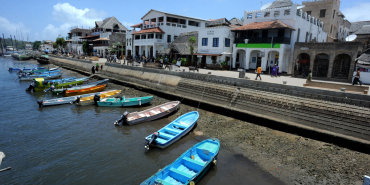
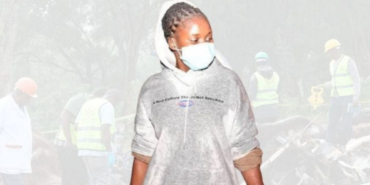
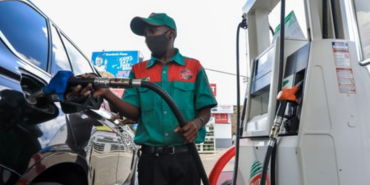
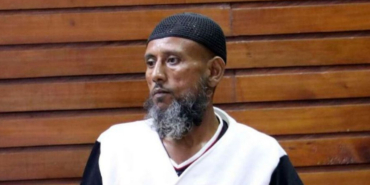
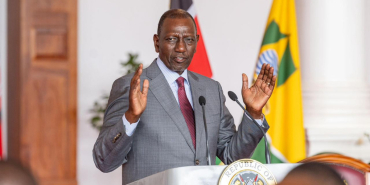
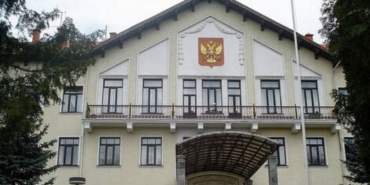
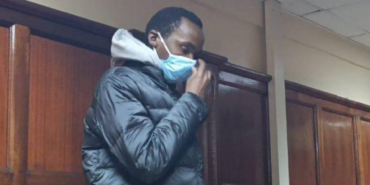
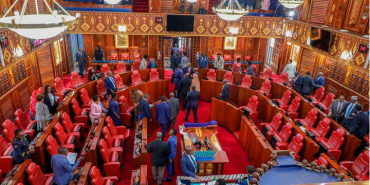



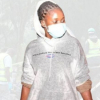

Add new comment